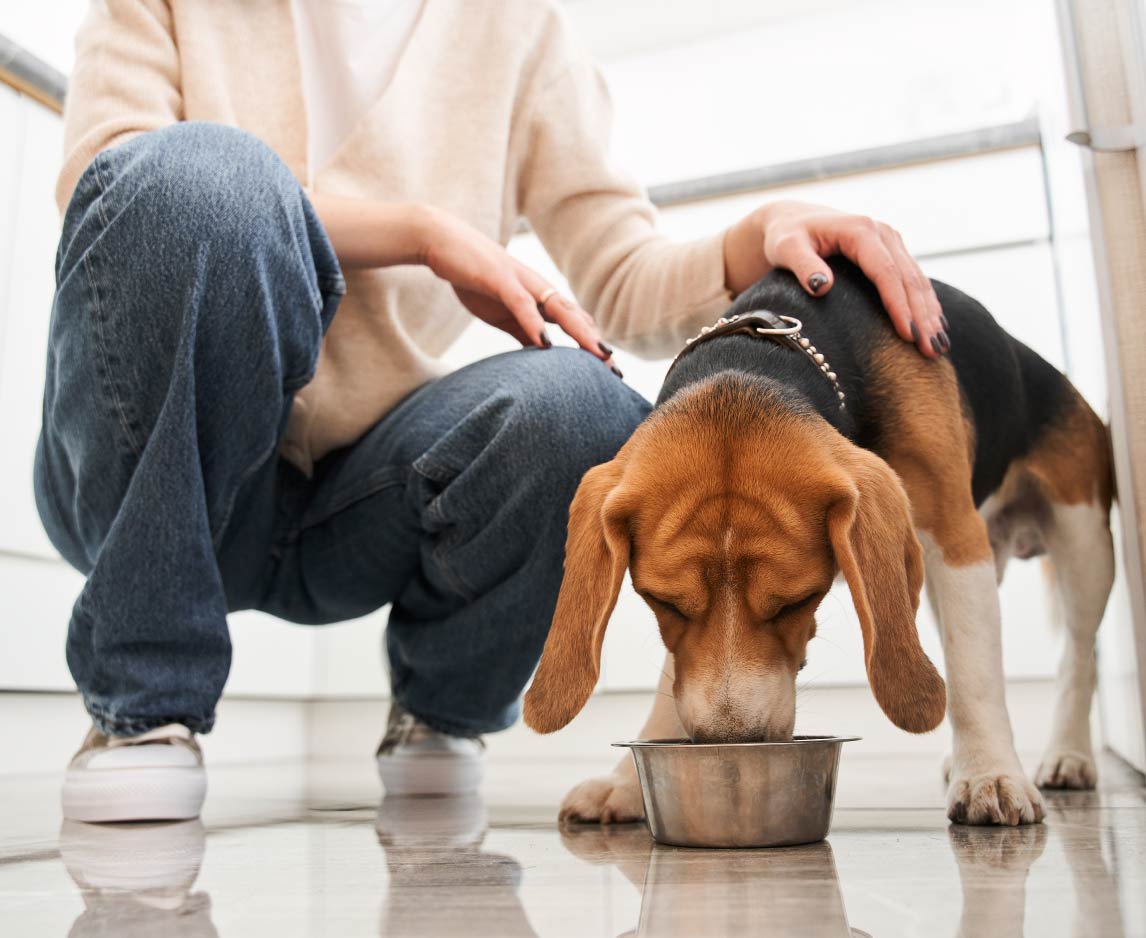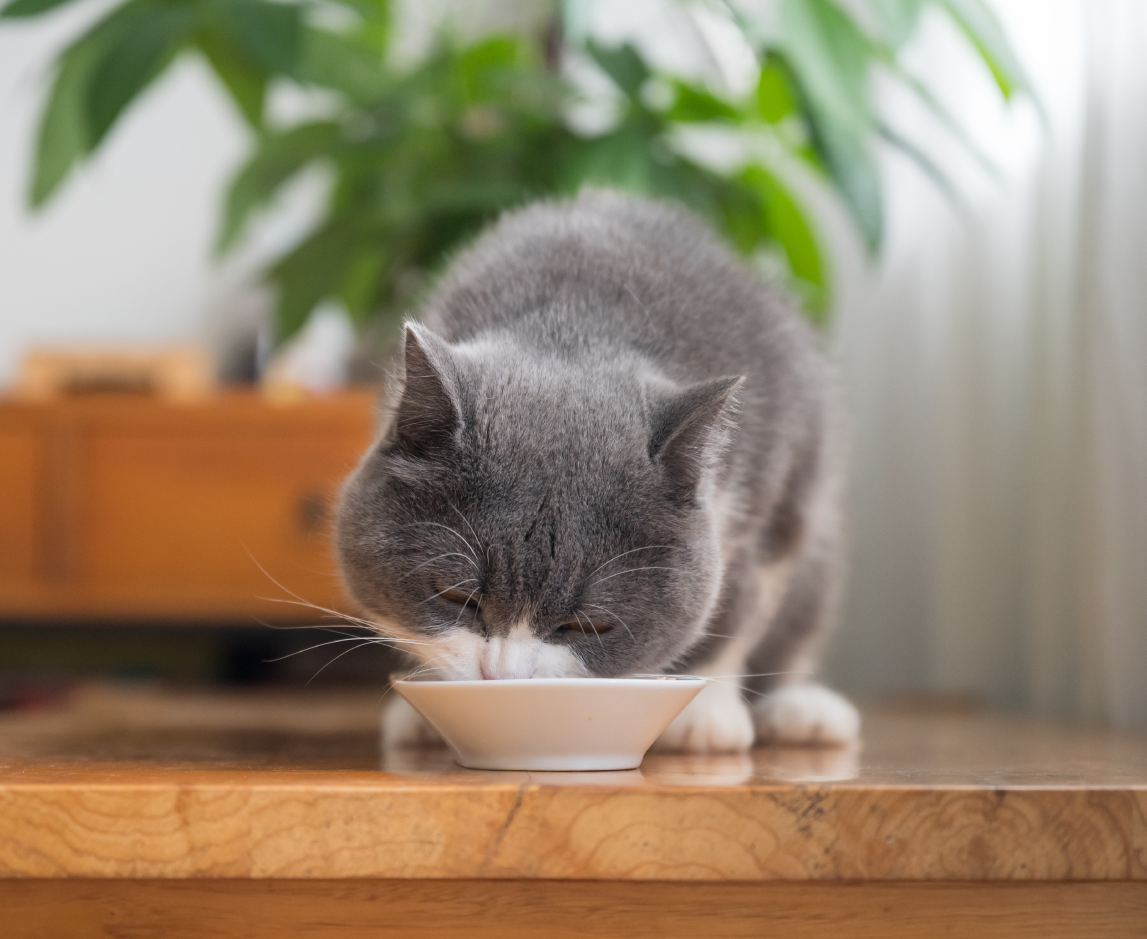Kidney disease in humans and dogs alike can be complicated and uncomfortable to treat. Especially in dogs, it can be difficult to determine the external or underlying conditions that can lead to kidney issues. Genetic factors can certainly influence health, as can environmental factors, but diet too can play a role in exacerbating the progress of disease. Fortunately, diet can also be a vital solution in treating the source of many ailments. Here, we’ll examine canine kidney function, the effect diet can have in addressing the related diseases, and how to maintain proper functioning of these vital organs.
What is Kidney Disease and Renal Failure?
The terms “kidney” and “renal” are often used interchangeably; to clarify, kidney refers to the specific pair of organs that filter toxins out of the blood and excrete them through urine, while the term renal signifies anything related to the kidneys. The term “disease” is more indicative of an ongoing dysfunction while “failure” generally implies the end stage of disease due to irreparable damage.
Kidney disease develops when normal kidney function is compromised, leading to a buildup of toxins in the body. Renal failure occurs when the kidneys are no longer able to process toxins, and the body begins to shut down.
What happens when a dog's kidneys are not functioning properly?
Proper kidney function is vital to any creature’s health. When a dog suffers from kidney dysfunction, they can experience:
- waste buildup within the circulatory system
- reabsorption of harmful substances and molecules back into the blood
- improper secretion of waste products
- unhealthy hydration levels (excessive drinking) or dehydration
Causes of Kidney Disease In Dogs
The two primary types of kidney disease in dogs are acute and chronic. The signs of acute kidney disease manifest quite quickly, generally within a few days following a specific cause like poisoning, severe dehydration or bacterial infection. Chronic kidney disease (CKD) can develop gradually as dogs age, often due to organ fatigue. CKD can also be caused by a buildup of bacteria in the mouth caused by inadequate dental hygiene. Even though the kidneys are designed to filter normal levels of waste, an abundance of any bacteria in the body will erode their function over time, resulting in CKD.
Signs & Symptoms
While the onset of CKD and acute kidney failure occur at different rates, the presenting symptoms of all kidney issues will look similar. A dog with kidney issues will typically display the following:
- Drinking more or less water than usual
- Change in volume and frequency of urination
- Loss of interest in playing or interacting with people or other pets
- Decreased appetite
- Frequent vomiting or diarrhea
- Unexplained weight loss
- Blood in urine
- Signs of dental disease like pale gums, smelly breath or mouth ulcers
Kidney Disease & Diet
What foods should a dog with kidney disease eat?
When selecting a diet designed to address a dog’s kidney issues, it’s important to remember that the primary role of the kidneys is to remove waste from the bloodstream. Since many of these waste products enter a dog’s bloodstream during protein breakdown, limiting the amount of protein-induced waste in their diet is crucial. One strategy may be to feed your dog a lower protein diet, but there’s been a more recent focus on improving a food’s protein efficiency ratio, or weight gain based on the amount of protein consumed. Supplement your dog’s vitamin intake with pet-safe fresh produce; carrots, green beans and broccoli are some of the best vegetables for dogs with kidney disease.
What foods should a dog with kidney disease avoid?
To reduce the kidneys’ workload, you can cut back on or improve the quality of your dog’s protein intake. To reduce waste products even further, be wary of commercial dog foods and treats that contain a lot of filler ingredients like meal and guar gum. You should also monitor the sodium and phosphorus content of your dog’s food and keep those to a minimum. Too much sodium can raise blood pressure and hasten the progression of renal issues, while low phosphorus levels in the bloodstream are thought to positively improve a dogs’ kidney health. That means avoiding dry food with a high ash content (all consumable material besides protein, carbohydrates and fat), plus high-sodium foods and treats like cheese, bread products, jerky treats and rawhide.
How to Switch Your Dog to a Renal-Supportive Diet
Some pet parents find success by switching to a raw diet for dogs with kidney disease, though every dog is different. Like any change in a dog’s diet, the transition to a renal-supportive diet should be done gradually while keeping the main protein source as similar as possible to the one they’re used to. A five- to seven-day transition period is adequate for most dogs to adjust, although dogs with a particularly sensitive GI system may require up to two weeks before the new diet is fully implemented. Always consult with your veterinarian before making any changes to your dog’s diet.
Vitamins, Supplements & Treats
No matter the state of their health, it’s important for any dog to receive a complete and balanced diet. However, dogs with kidney disease need extra consideration when it comes to the amount of sodium and phosphorus in their diets. Keep these levels in check with low-sodium treats like fresh produce, and avoid most commercial treats and consumable chew toys, like pig’s ears. A dog with renal issues will often suffer from a reduced appetite, so finding a lower-protein food they like can present a challenge. Consult with a nutrition-focused veterinarian to identify safe dietary supplements.
Meal Preparation
Faced with rigid dietary restrictions, many pet parents try their hand at home cooking for dogs with kidney disease. When formulating homemade meals, be sure to keep sodium and phosphorus levels low. A lower protein content is also advisable, as is adding in omega-3 fatty acids like fish oil. Always use high quality, minimally processed protein sources without excessive fat, like chicken and fish.
Four Core Goals For Managing CKD In Dogs
As we’ve learned, nutrition can play a key role in managing chronic kidney disease in dogs. Though there is no cure for CKD, proper nutrition can help your dog live a longer, more comfortable life by helping to achieve these four goals:
- Controlling the clinical symptoms associated with waste product accumulation in the blood
- Minimizing problems with fluid and mineral balance
- Sustaining adequate, whole-body health (teeth, coat, muscle mass, joint health, etc.)
- Modifying or slowing the progression of CKD
How RAWZ Can Help
Many nutrition-focused veterinarians place emphasis on a diet of primarily natural food for dogs with kidney failure — but this doesn’t always mean home cooked or all-raw meals. When researching a raw diet for dogs with kidney failure, priority should be placed on a food’s protein efficiency ratio, or PER.
RAWZ dry recipes are ideal mixers to use in a raw diet for dogs with renal failure, since our “never rendered” policy means essential nutrients aren’t lost in the cooking process. We use dehydrated chicken as our main base protein, which carries a higher PER than rendered meals.
If your pet is experiencing kidney issues, it’s imperative that you consult with your vet and follow their recommendations. RAWZ products do not treat kidney disease explicitly, but our minimally processed, meal free dry recipes can deliver nutritionally complete protein in a more natural state than is featured in most commercial dry foods. Kidney disease is no fun for anyone, but cleaning up your dog’s diet will result in better overall health, increased comfort and improved quality of life.





